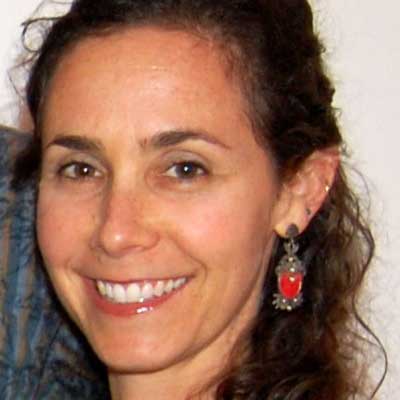5 Things All Parents Should Know About Porn

by Nicole Monastersky Maderas
Today, access to porn is simple—whether or not you seek it out. What is difficult is determining what kids need to know about porn, even before they are exposed to it. How do we communicate to children that pornography is not “real sex”? That it is, in fact, fantasy. Adult fantasy. And yet, it is available in the public arena.
How – in a hyper-sexualized media-driven world – can we raise children to prioritize intimacy? To value the emotional connection developed in real relationships over the virtual relationships they build on their devices? How do they learn about consent, privacy and connection developed through communication?
Here are the five things parents need to know about talking with kids about pornography.
1) First, it’s everywhere. It’s the subject of a recent cover story in TIME magazine. It’s one click away on the Disney webpage. It’s available on every cellular device. Including your children’s devices. And the new Google Glasses...? Since 2014, the porn industry has been considering how to stay at the forefront of this wave of technology.
2) Second, a generation ago, porn was different. Not only was access different; what used to be considered hard-core a generation or two ago is now the norm in mainstream media. Violence and aggression – particularly against women – is now standard. Let’s face it: it’s not your father’s Playboy magazine kids are accessing today.
3) Third, porn is universally concerning because it affects, even damages children’ sense of their own sexuality and healthy relationships. Researchers have found that repeated exposure to porn impacts children’s brain development and function. And, less you forget let me remind you: any image that has been seen – intentionally or not – cannot be “un-seen”.
4) Fourth, curiosity about sex is natural and normal. As parents, it is our responsibility to provide sex-positive, respectful values about sexuality for our kids. Having open conversations about porn can help diffuse stress related to any one “big talk;” it also creates parent-child connectedness. Experts and public figures recommend talking openly with your kids to minimize confusion, and more importantly, shame.
5) And finally, having open conversations sometimes means that parents need to initiate the conversations. One good way to do this is by using teachable moments – situations that arise in everyday life. Perhaps your child spends a lot of time on the internet. Or maybe you have overheard him/her with peers talking about a potentially explicit topic. There are myriad book resources available to help guide you on broaching the subject. For tips and resources on how to talk with kids of all ages about porn click here and here.
Teaching kids about sexuality gives them the skills and framework to become confident young people and adults. Ultimately, I see this kind of conversation as teaching our children how to value healthy bodies and healthy minds, and giving them the tools to make healthy choices.





